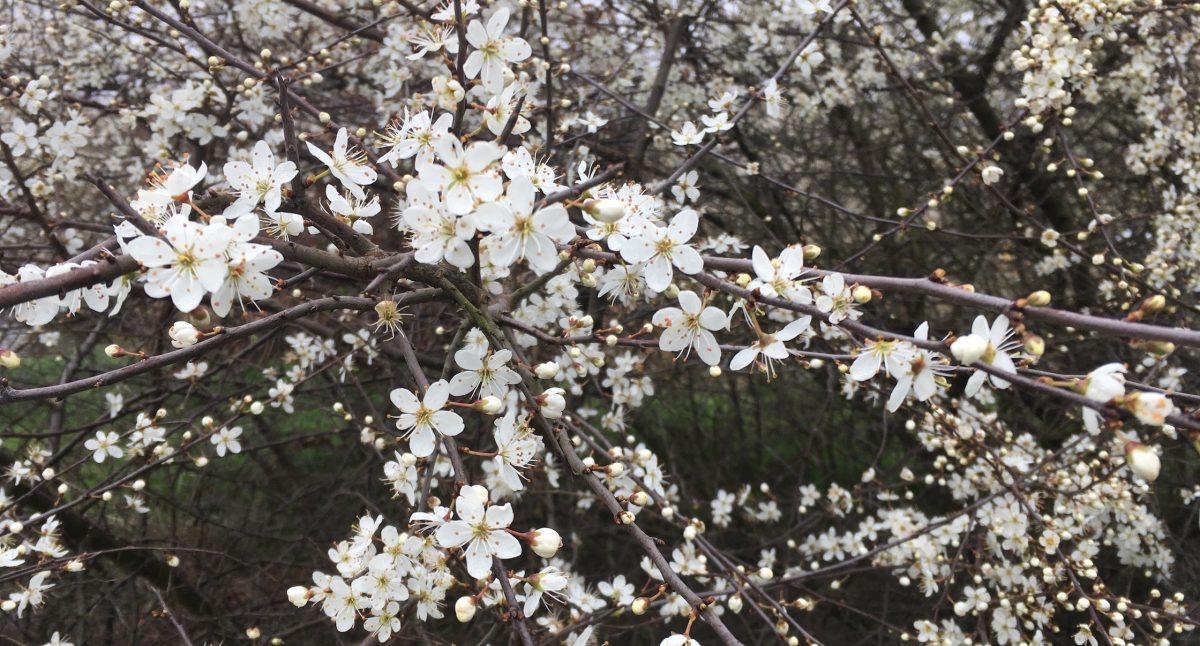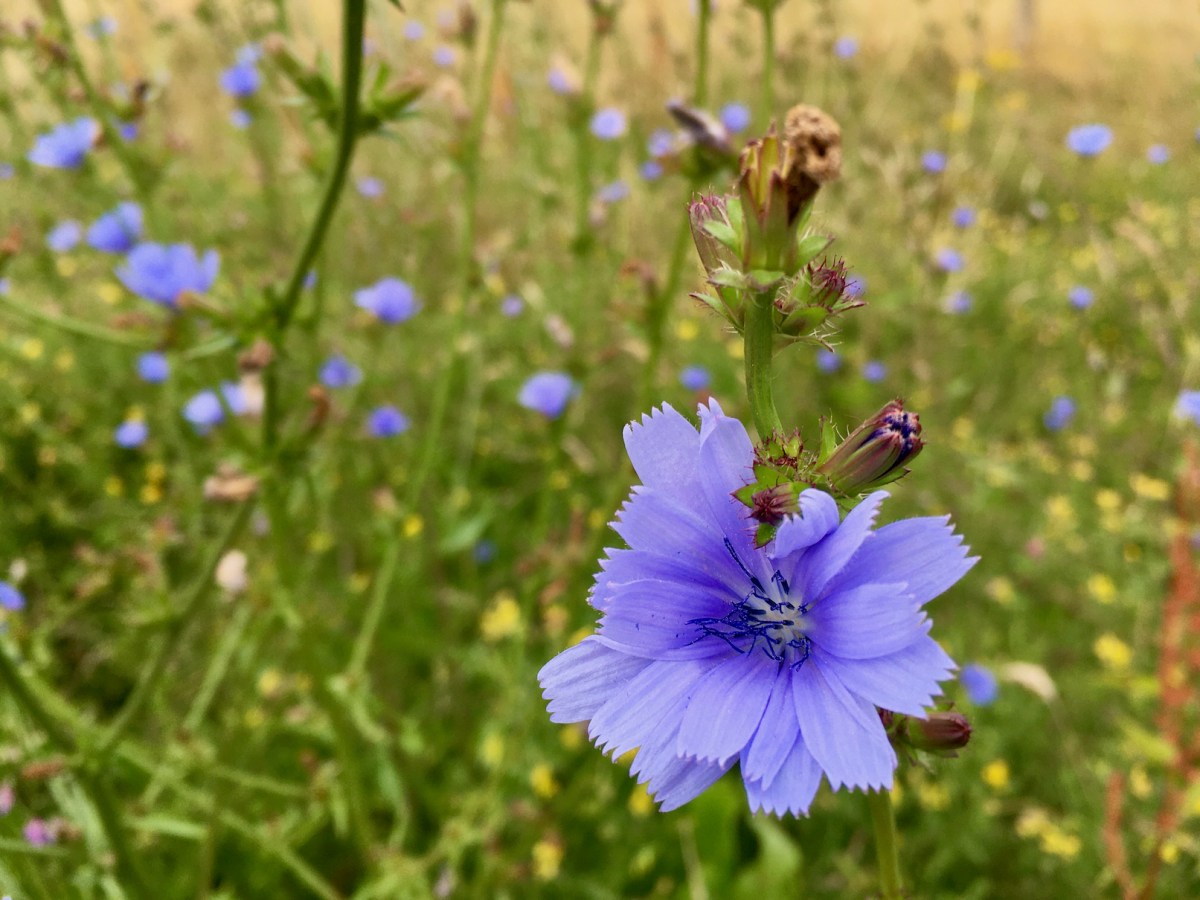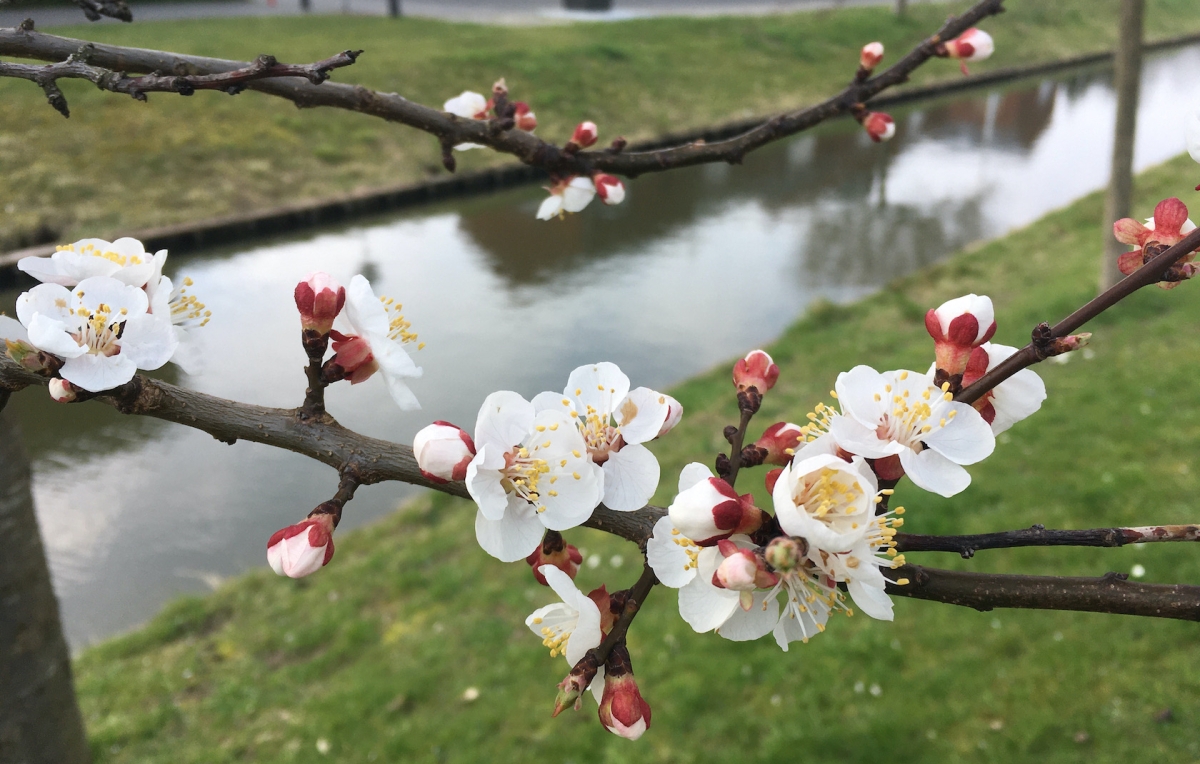Going through rough times can make us question things in our lives, a habit borne out of utter frustration, exhaustion and sadness.
“If only I had grown up differently with different parents in a different part of the world then I’d have less problems in my life, be more successful, could easily do what other people seem to be able to manage so effortlessly.”
“If only I had gotten that job I applied for, had not failed my exam, if my health were better, if I had found the love of my life, then…what?
Then my life would be so much better and I’d be happy, had no problems…”
Really?
Sounds as if there was a parallel universe somewhere, pain-free and perfect with endless happiness, and we just didn’t land in it by taking a wrong turn. Or even worse, something completely outside of our control – call it fate or bad luck – decided to drop us into the miserable universe. And so we are dwelling in the past, imagining what could have been. What we lost or presumably missed out on. Wasting our time by thinking “if only”.
Not so long ago I had a conversation along these lines with my mother about the difficulties my father encountered in his job decades ago. Difficulties which “would not have occurred if this job had been in a big city rather than in that small village he worked, where so much was only about politics”. As if she thought of it as a cloud somehow dimming his otherwise impressive achievements.
Who you are meant to be evolves from where you are right now. Learning to appreciate your lessons, mistakes and setbacks as stepping stones for the future, is a clear sign you are moving into the right direction. (Oprah Winfrey)
Whatever path we decide to embark on, it always comes with a mixed package of joy, sorrow and clouds. There is always a chance that it might not turn out as expected. We cannot expect things to be easy, and there is certainly no such thing like a perfect life.
A difficult experience however, does no de-value your chosen path in life, because in fact, it’s the difficult things that determine who we become.
And that’s what we usually tend to forget: adversity actually makes us who we are. Always.
Without it we would not evolve in life. Like it or not – it is the painful things that shape us and make us more resilient.
Sure, you lose something, but you gain something else for it. Living through a tough experience, you transcend into another person, thereby coming closer to who you are supposed to be.
It is of course, hard to see it that way, particularly when you are right in the middle of it. And it might sometimes feel impossible to even see the tiniest bit of light.
We seem to have a reflex going into denial, fighting against it in fear and frustration, which is useless as we cannot make what’s happened undone. We cannot change the past. And over a lot of things we simply do not have any control. Like other people’s minds and their decisions, luck or chance, accidents, illnesses, disasters…
Complaining about life treating us unfairly and that we have done nothing wrong to deserve it, will not change anything either. Life is not fair, there is just this notion in our head that it should be. Also contrary to what some of us believe: what happens to us is not retribution meted out by a higher force to punish us. John Kabat-Zinn calls our daily struggles “full catastrophe living” which I find a very fitting description of human existence.
We only make it harder for ourselves by thinking “I do not want this – where is the reverse button in my life?”.
So, what’s the better option? Stop fighting it.
Don’t mourn your loss in a way as if you were never able to recover. As if you had fallen down into a hole and things would inevitably get even worse from now on.That’s not what it is like.
You need to mourn for sure, but when you are done you will still be there. The earth will not have opened up and swallowed you.
And then you get back up.
Owning our story and loving ourselves through that process is the bravest thing we’ll ever do. (Brené Brown)
Giving up this struggle is an advice I find very difficult to take myself. Finding the trust and confidence to go through a bad experience while waiting for the pain to subside and learning to live with it often feels like a tough order. More than we can (or are willing to) take at that very moment.
It might take some time before we can arrive there. Re-visiting painful time periods and events in my own life years later made me realize how much I have learned and grown since then and how they made me turn into a different direction. How some of them even brought me closer to the point where I am right now.
Without them it might have been easier – sure, but it also would have taken longer to learn a lesson I needed to learn. Some doors apparently were not meant for me to open, but others did instead.
Maybe it is about re-arranging things in our mind in hindsight, to make them fall into place, and – more importantly – to make our peace with them as part of our story.
Life is about the journey to understand yourself. Stay curious.


